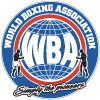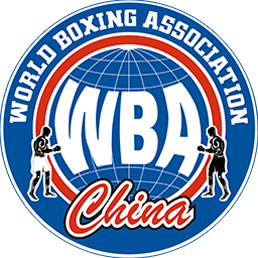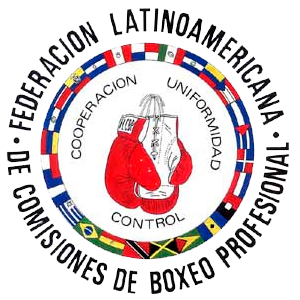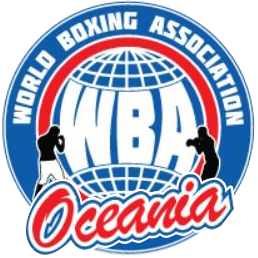A very special name occupies our attention today in our usual remembrances of old boxing times. We are talking about Henry Armstrong, born Henry Jackson on December 12, 1912 in Columbus, Mississippi, a legendary figure considered by experts and historians of the discipline among the 10 best boxers of all times.
This was confirmed by his ranking as the second best fighter of all time, second only to Ray “Sugar” Robinson in the list of some fifty names, in a survey conducted by the reputable magazine The Ring in 2007 that covered a period of the last 80 years of the activity, at that time, in a compilation carried out by the famous boxing chronicler Bert Sugar.
To place him in such a high position The Ring and Sugar surely took as a relevant fact that Armstrong is the only one in the long history of boxing that has been simultaneously champion in three categories (feather, lightweight and welterweight), even more unique if you take into account that at the time there were only 8 divisions (today there are 17), the so-called traditional ones that went from flyweight to full bantamweight, featherweight, lightweight, welterweight, middleweight and light heavyweight.
AN UNBREAKABLE MARK
It is worth adding that at welterweight Armstrong set a record that still stands today of 20 belt defenses, 14 of them before the limit. His reign at 147 pounds extended from May 31, 1938, when he defeated Barney Ross by unanimous decision 12-2, 10-4, 11-2 (round score) in 15 rounds, to his October 4, 1940, setback against Fritzie Zivic by decision in 15 at the Madison in New York. In the rematch Zivic prevailed again by KOT12 at the same venue on January 17 of the following year. As far as anyone knows, no one, before or since him, has defended a world belt so many times in the short time of two years and five months.
As for the featherweight, he won the NBA (now WBA) crown–as well as the welterweight and lightweight crowns–on October 29, 1937 against Petey Sarron by TKO 6 , but he never defended it. He won the lightweight or 135-pound title by split decision against another fistic immortal, Lou Ambers, on August 17, 1938 and lost it to the same opponent on August 22 of the following year, in the now demolished Yankee Stadium in New York by a double 7-8 and a disproportionate 11-3 decision by the referee and 2 judges.
Nicknamed “Homicide Hank” and “Hurricane Henry”, Armstrong was known for his aggressive style, for throwing punches without pause in every second of every round and for being the owner of a granite resistance, made of concrete.
Among his 171 fights were those he fought against lustrous enemies such as Barney Ross, Fritzie Zivic, Lou Ambers, Ceferino García – before this Filipino he sought the middleweight belt, a fight he tied, although most saw him as the winner, in addition to the Mexicans Baby Arizmendi, Juan Zurita and Sugar Robinson, who defeated him by points at Madison Square Garden, in a bitter victory for Sugar, who idolized Armstrong.
To conclude and shorten the story, we should mention that the professional debut of “Homicide Hank” on July 27, 1931 was not auspicious at all, as he was knocked to the canvas at 2:37 of the third round against a certain Al Lovino, a nondescript name in boxing if not for that victory over the man who would eventually become an immortal of the ring.
That already remote day he fought, if that is how his pitiful performance can be described, under the name of Melody Jackson (his real surname), a nickname he later changed to the one he used in his long years in the ring, in which he left an impressive record of 151 wins (101 KO.), 21 defeats (2 by KO) and 10 draws.
In addition to the United States, in his early years he campaigned in Mexico, with good results in several bouts against local rivals, such as the aforementioned Baby Arizmendi Juan Zurita, for example.
After a first goodbye to the ring and overcoming a serious alcohol addiction, Armstrong converted to the Baptist religion, to which he became a pastor. He dedicated himself to the care and rehabilitation of adolescents with behavioral problems, some time before he had hung up his gloves and trunks, and then tried a comeback, but he definitely left the ropes in February 1945 after losing to an obscure opponent named Chester Slider, and he also worked as a referee for a short time.
Suffering from vision problems and senile dementia, the famous fighter, who squandered in uncertain steps the fortune achieved with his fists, a true great among the greats, died on October 22, 1988 in Los Angeles, California, that is, two months before his 76th birthday.

















